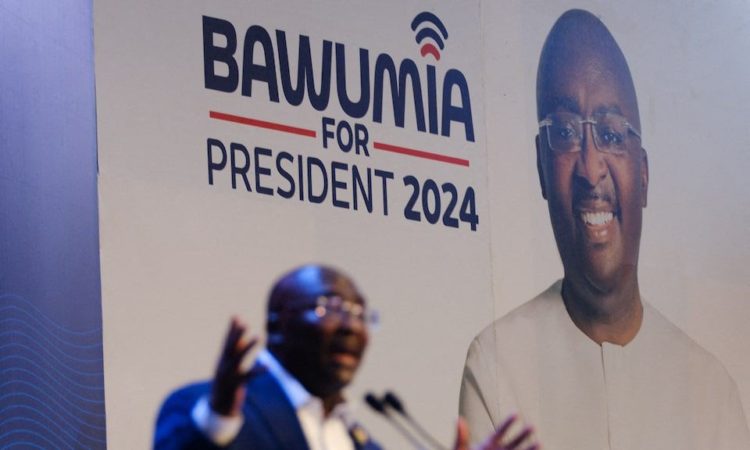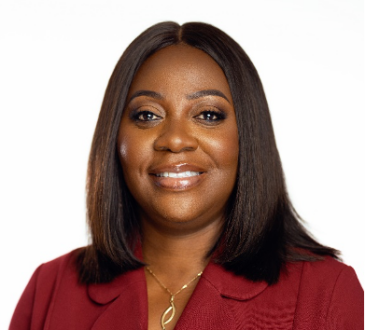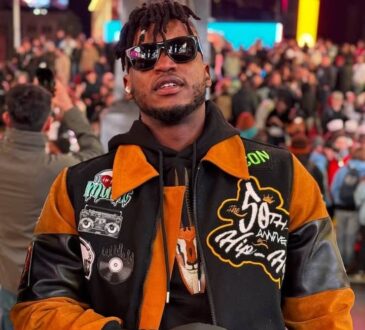
The presidential candidate of Ghana’s ruling party, Vice-President Mahamudu Bawumia, said on Thursday he was opposed to “the practice of homosexuality”, a stance he promised to maintain if elected in December.
President Nana Akufo-Addo faces pressure to sign into law one of Africa’s most severe anti-LGBT bills, which has been criticised by rights advocates and the United Nations.
Speaking at prayers marking the end of the Muslim holy month of Ramadan, Bawumia did not refer to the bill but said: “It is important to note that our cultural and societal norms and values as Ghanaians frown on the practice of homosexuality.
“All the major religious traditions in Ghana are opposed to this practice and I stand opposed to it now and I will stand opposed to it as president,” he said, setting out his position for the first time as a candidate.
Bawumia’s main presidential rival, former president John Dramani Mahama, made similar comments in January.
Their views will find favour with many in the culturally conservative West African nation, where gay sex is already punishable by up to three years in prison and LGBT people routinely face harassment and abuse.
Ghanaian activist Angel Maxine, who is a transgender woman, said Bawumia’s stance was “very dangerous and homophobic”.
“This is … political propaganda and LGBTQ+ lives should not be used as a tool of distraction and scoring political point(s),” she said in a message.
In February, parliament unanimously passed a bill that will intensify the suppression of LGBT rights and punish those promoting lesbian, gay, bisexual or transgender identities
Supporters of the bill have been pushing for its promulgation despite a finance ministry warning that it could jeopardise $3.8 million in World Bank financing and derail a $3-billion International Monetary Fund loan package.
The president’s office has said it is waiting for the outcome of two legal challenges before passing the law to Akufo-Addo for approval.
If it takes effect, the bill will mean those found guilty of the “wilful promotion, sponsorship, or support of LGBTQ activities” will face up to five years in prison.
The United Nations said in 2021 that the then-draft law would create “a system of state-sponsored discrimination and violence” against the LGBT community in the West African country.
Reuters







